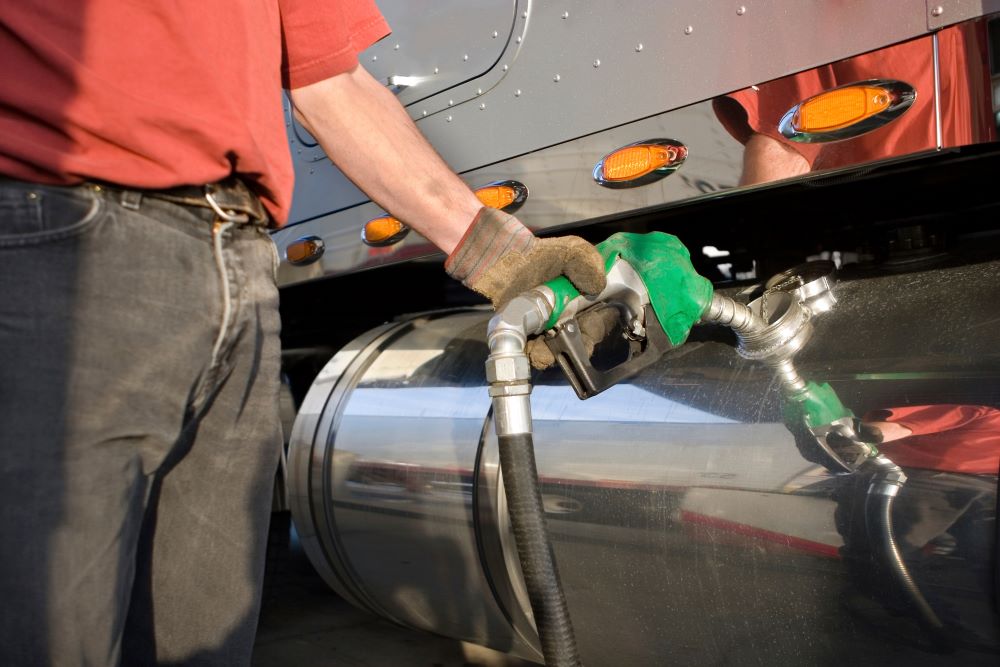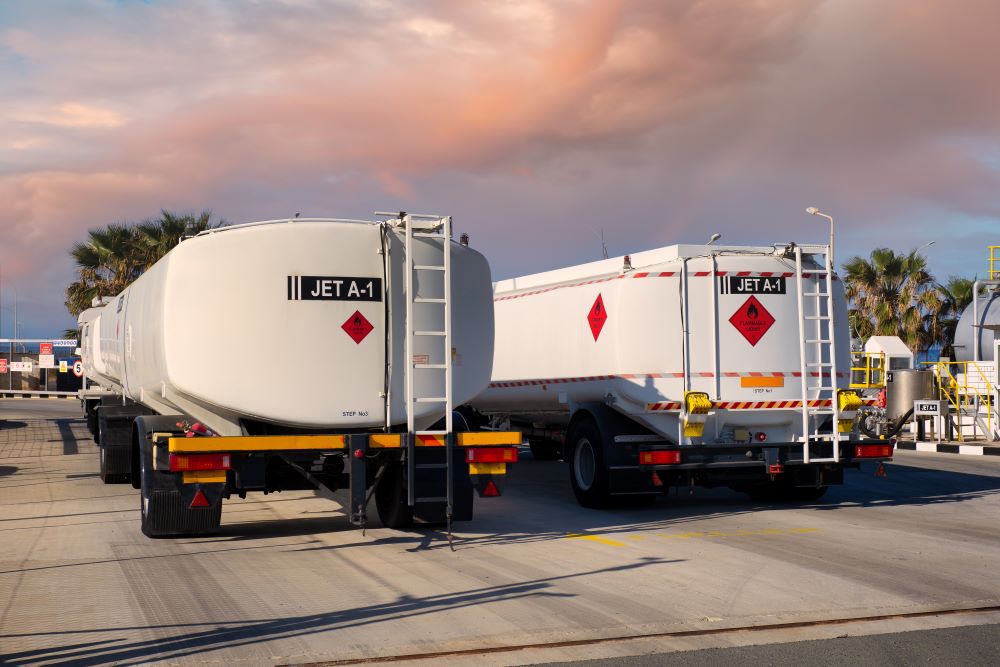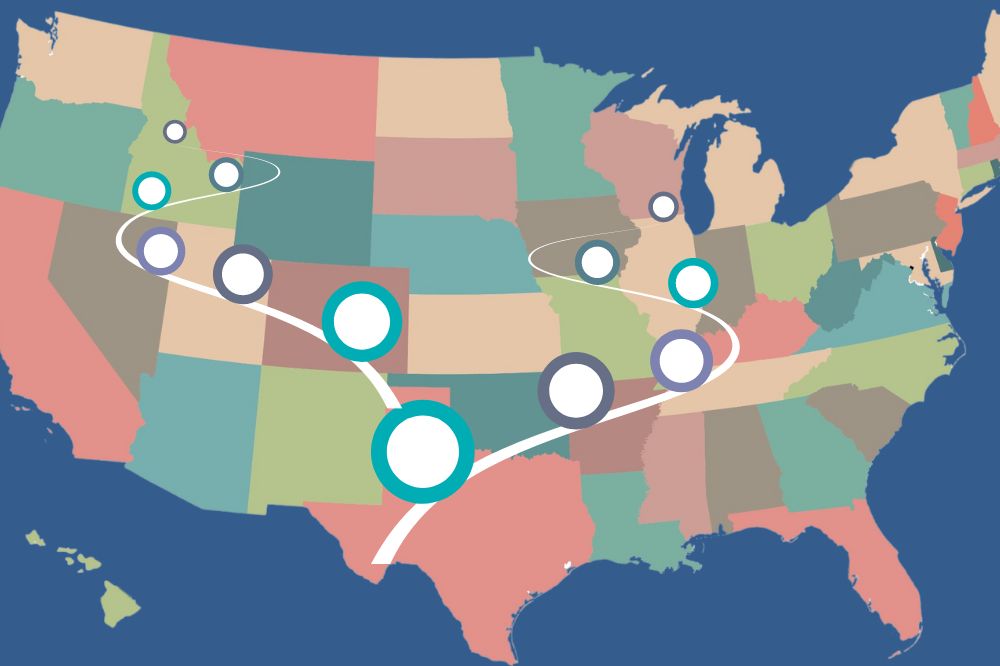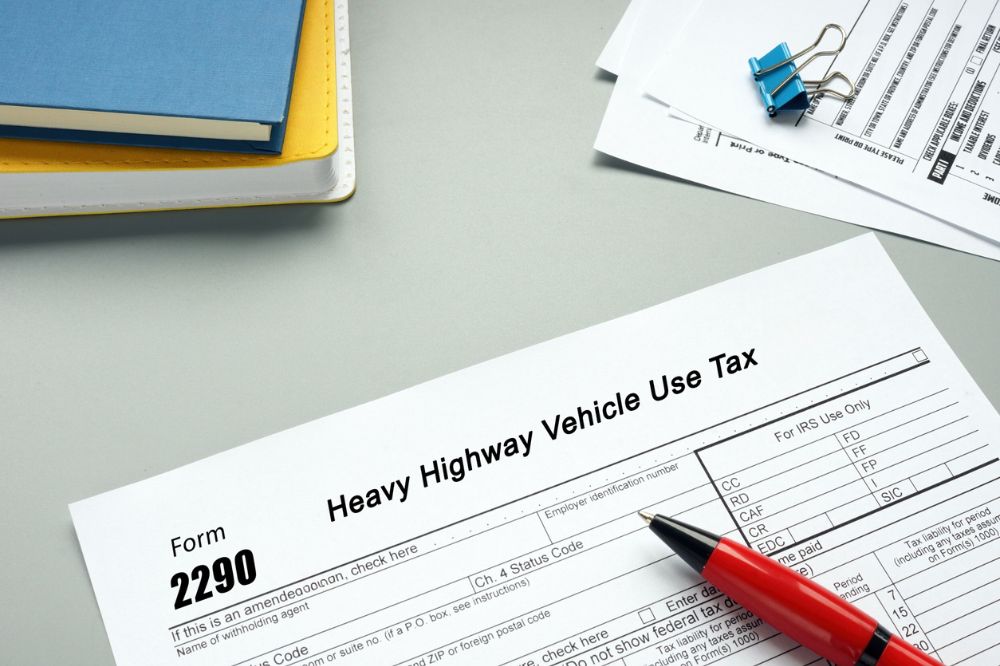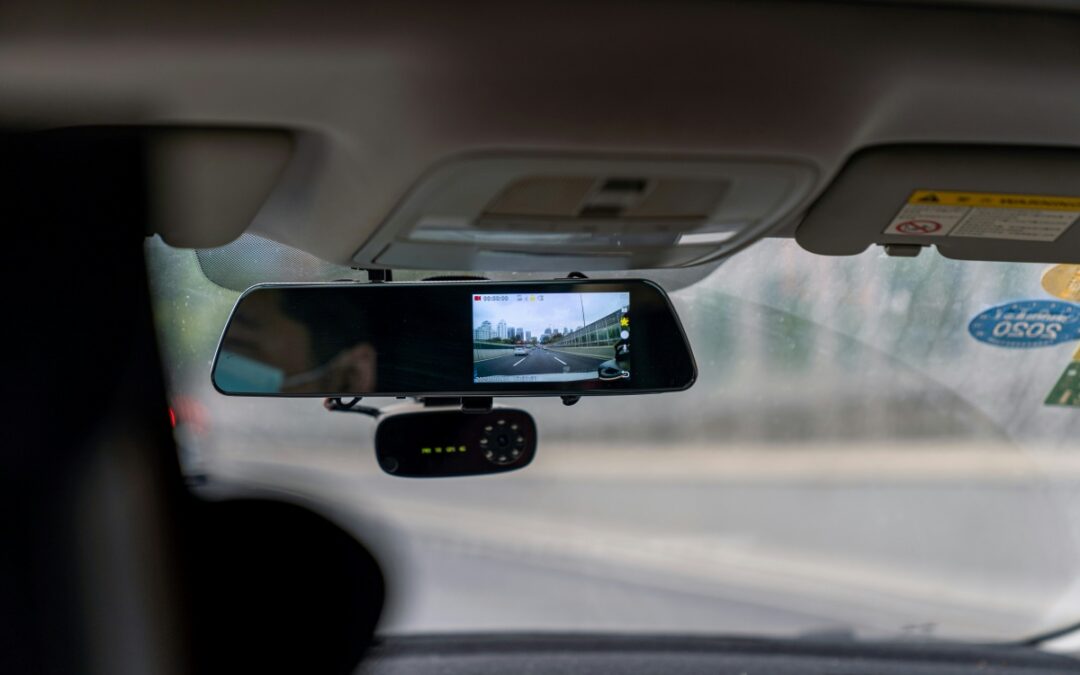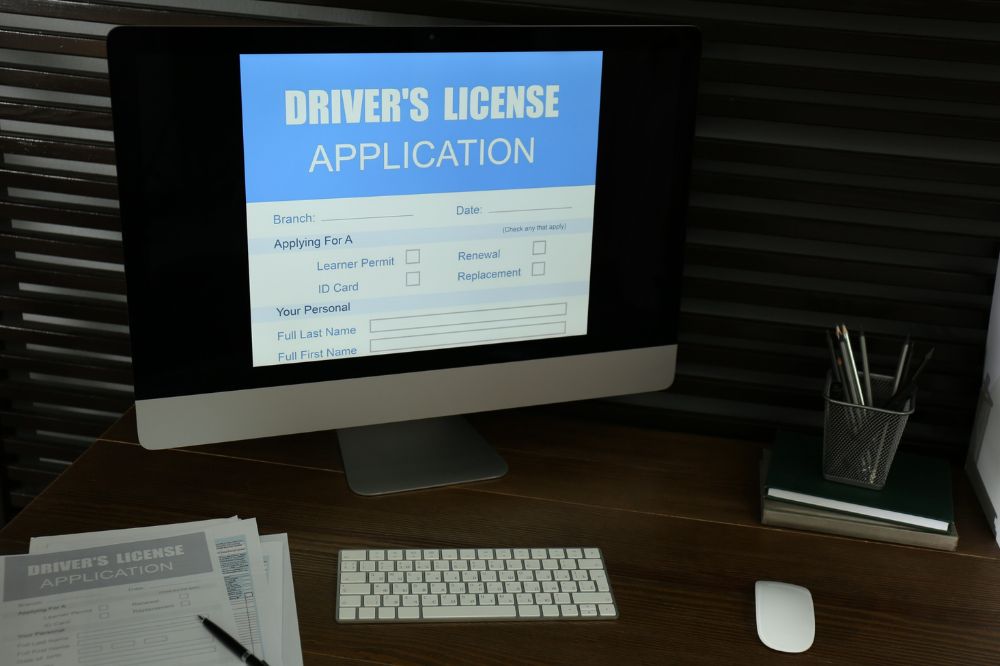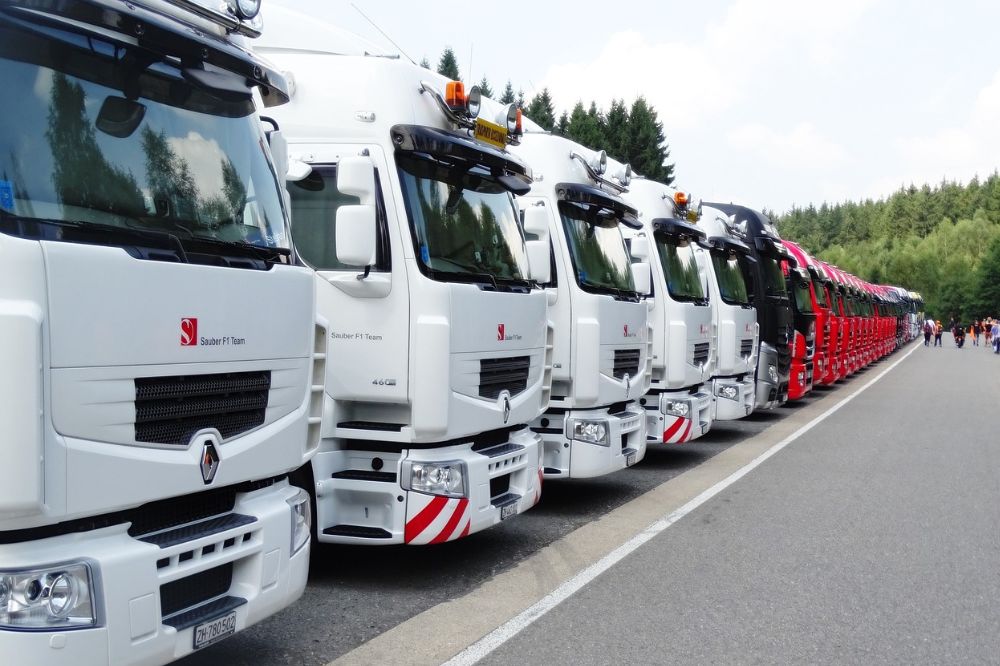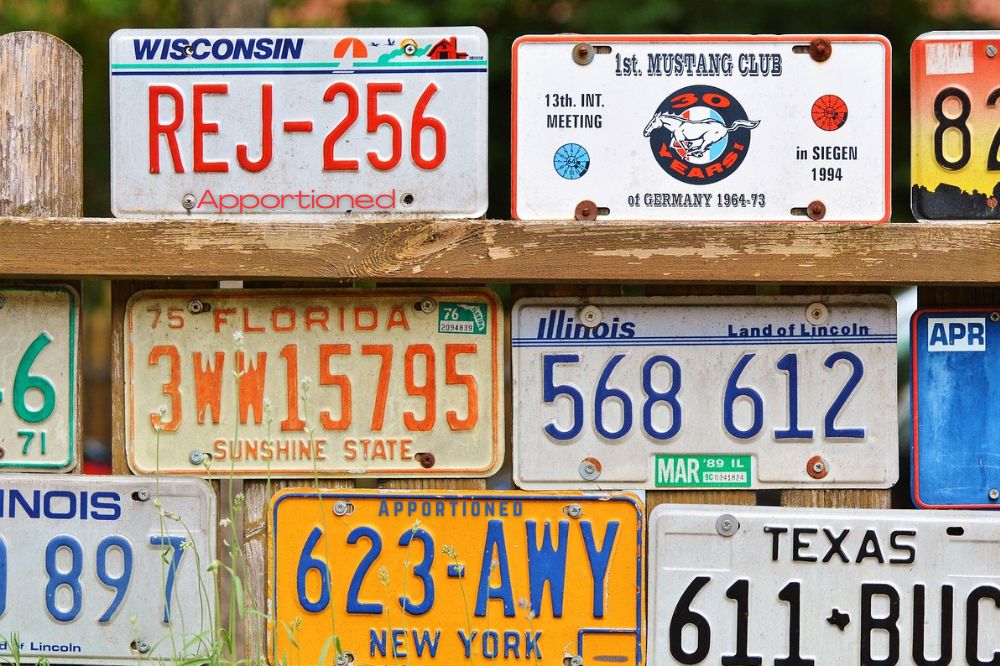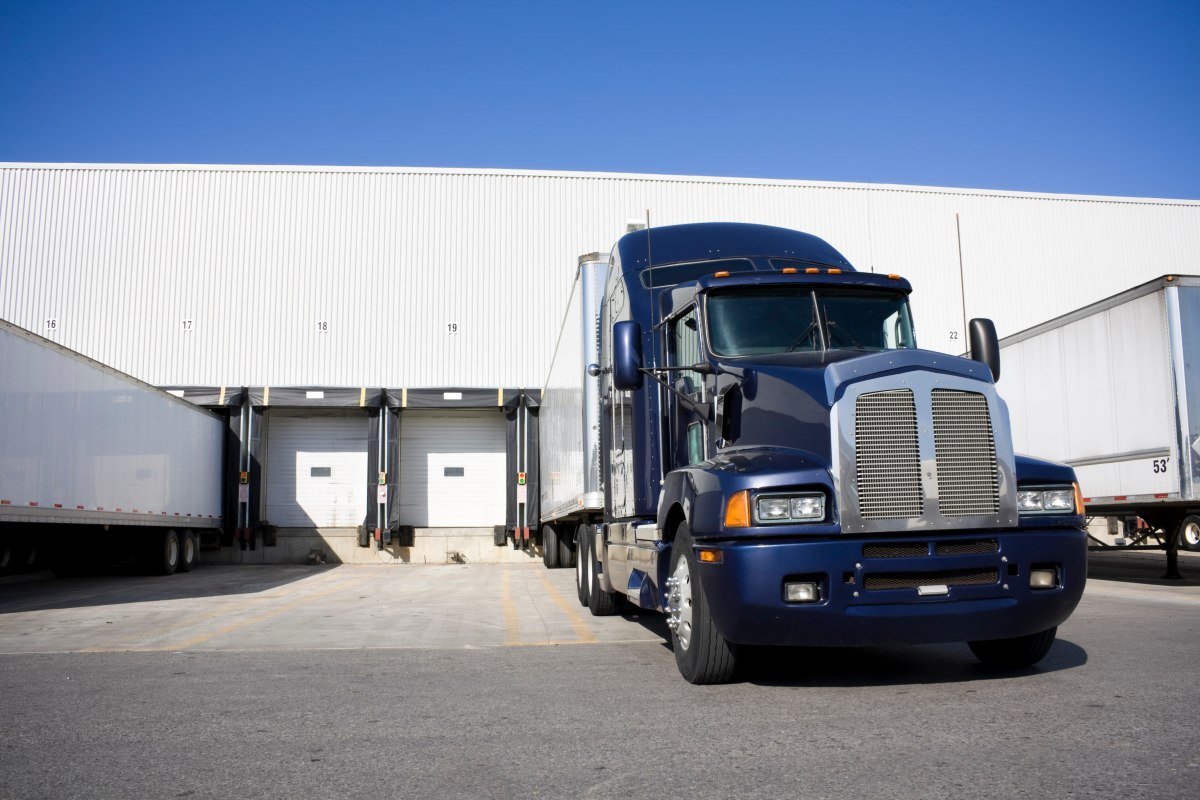
Driver fatigue is a leading cause of truck accidents, endangering lives on the road. Regulations and rules aim to prevent this, but managing fatigue requires more than compliance.
As a truck driver or fleet manager, understanding truck driver fatigue and knowing how to handle it is essential. Here’s what you need to know to help drivers stay alert and keep roads safe for everyone.
Causes of Truck Driver Fatigue
Truck driver fatigue is a serious concern that can have dangerous consequences on the road. Below, we explore the primary factors contributing to driver exhaustion and how these factors increase the likelihood of accidents.
- Driving Late at Night: Our bodies are programmed to sleep at night. Driving when it’s dark goes against natural sleep patterns, making drivers more likely to doze off. Even if drivers don’t fall asleep, their reaction time is slower.
- Afternoon Slumps: In the afternoon, circadian rhythms – our body’s internal clock – make us feel sleepy. This natural dip in energy can catch drivers off guard, especially if they’ve already been on the road for hours.
- Long Hours Behind the Wheel: Truck drivers often work long shifts to meet tight deadlines. Federal rules set limits on driving hours, but many drivers still push themselves too hard. Sitting for hours without a break can cause mental and physical fatigue.
- Single-Vehicle Accidents: Fatigue-related crashes often involve just one truck leaving the road. When drivers fall asleep, they don’t react in time to stay on the road. These accidents are common on major highways with high speed limits, where the consequences are often severe.
- Signs of No Reaction: In many fatigue-related crashes, there’s no evidence the driver tried to avoid the accident. This means no skid marks or swerving, which indicates the driver may have been asleep or too slow to react.
- Alcohol and Fatigue: Alcohol can make fatigue worse. If a driver is already tired, even small amounts of alcohol can make them dangerously drowsy. Some crashes blamed on drunk driving may partly be due to fatigue.

Dangers of Truck Driver Fatigue
Truck driver fatigue is a major contributor to road accidents. According to the Federal Motor Carrier Safety Administration (FMCSA), fatigue plays a role in approximately 13% of all large truck crashes.
The National Highway Traffic Safety Administration (NHTSA) further reports that fatigue is a factor in 31% of fatal crashes involving large trucks.
Truck driver fatigue leads to slower reaction times, poor decision-making, and even falling asleep at the wheel. Here are the primary reasons truck driver fatigue is so dangerous:
- Delayed Reaction Times: Fatigue slows a driver’s ability to react to sudden changes, like a car stopping or a pedestrian crossing.
- Impaired Decision-Making: A tired brain makes poor decisions, such as misjudging distances or ignoring critical road signs.
- Loss of Focus: Drivers who are tired are more likely to experience lapses in attention, which can cause them to drift out of their lanes or miss hazards.
- Falling Asleep at the Wheel: In extreme cases, drivers fall asleep while driving, leading to devastating crashes, often with no attempt to avoid the collision.
These issues vastly increase the risk of accidents caused by commercial truck drivers.
Regulatory Framework
Importantly, there are truck driver fatigue laws and safety regulations in place to help prevent this issue for trucking companies.
Overview of HOS Regulations
The Hours of Service (HOS) rules apply to drivers of commercial motor vehicles (CMVs), like large trucks and buses. The FMCSA enforces these regulations. They outline:
- How long drivers can drive in a day or a week.
- When and how often drivers must take breaks.
- The rest periods required between driving shifts.

Key Limitations and Requirements
Here are the main points enforced by the Federal Motor Carrier Safety Administration:
- Daily Driving Limit: Drivers can drive up to 11 hours after taking 10 consecutive hours off-duty. This is the maximum driving time allowed in one day.
- On-Duty Time Limit: Drivers cannot work more than 14 consecutive hours in a day. This includes driving and other tasks like loading or unloading cargo.
- Break Requirements: After driving for 8 hours, drivers must take a 30-minute off-duty break. This helps prevent continuous driving without rest.
- Weekly Hour Limits: Drivers can work up to:
– 60 hours over 7 consecutive days, or
– 70 hours over 8 consecutive days.Once drivers hit this limit, they must take 34 consecutive hours off-duty (called a “reset”) before starting a new cycle.
- Sleeper Berth Provision: Drivers can split their required 10 hours of rest into two periods using the truck’s sleeper berth.
Consequences of Non-Compliance
It is crucial for commercial vehicle drivers to adhere to these regulations. Failing to do so can result in significant consequences across multiple aspects of their professional and personal lives.
Legal Penalties and Fines
Breaking Hours of Service rules can lead to serious fines for drivers and companies.
Drivers may be ordered off the road until they comply, resulting in lost income. Companies that knowingly allow violations can face even higher fines and penalties.
In severe cases, such as accidents caused by truck driver fatigue, authorities may file criminal charges against the driver or company, holding them accountable for injuries or deaths.
Impact on Insurance and Liability
Non-compliance with HOS rules can also drive up insurance premiums or result in canceled coverage for drivers or companies.
If an accident happens during a violation, insurance providers may deny claims, leaving the driver or company to cover the costs.
HOS violations also increase the risk of legal liability in lawsuits, with substantial financial and reputational damage for businesses that fail to prioritize safety.
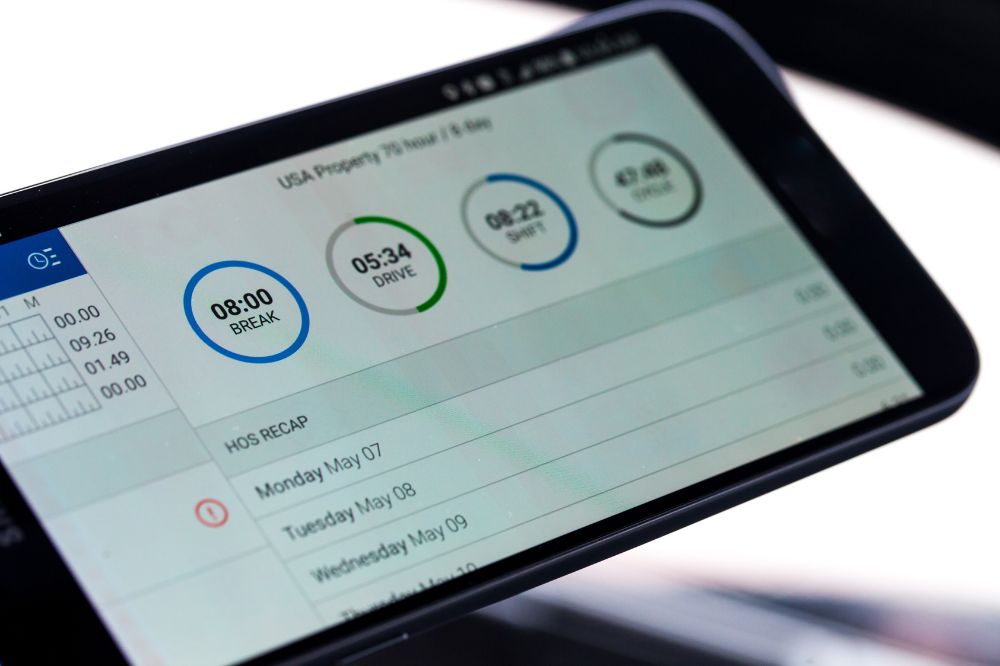
Role of Electronic Logging Devices (ELDs)
Electronic Logging Devices (ELDs) are excellent tools to help combat truck driver fatigue. While simple, they can be effective in preventing truck accidents.
Functionality of ELDs in Compliance Tracking
ELDs automatically track a driver’s hours of service by connecting to the truck’s engine. They record driving time, on-duty time, and rest periods accurately.
By ensuring drivers follow HOS rules, the system helps prevent manual errors or falsified logs. It also simplifies compliance for drivers and companies while providing clear records during inspections.
Benefits of Using ELDs for Drivers and Fleets
ELDs save time by automating logbook entries and reducing paperwork.
For drivers, this means less stress and more focus on the road. Fleets benefit from better compliance, fewer violations, and reduced risk of fines.
ELDs also provide data to optimize routes and schedules, improving efficiency and reducing fuel costs.
Fatigue Detection Technologies
Fatigue detection technologies help keep drivers alert and prevent fatigue-related accidents. These systems monitor signs of tiredness in drivers and provide warnings to take action before it’s too late.
Some systems use cameras to track eye movement and blinking patterns. If the driver shows signs of drowsiness, the system sounds an alert.
Others use sensors in the seat, or steering wheel to detect slow reactions or unusual driving behavior. Advanced systems, like wearable devices, measure brain activity to detect fatigue early.
However, these tools work best when combined with good rest habits and compliance with HOS rules. While not perfect, fatigue detection technologies are an important step toward safer roads for everyone.
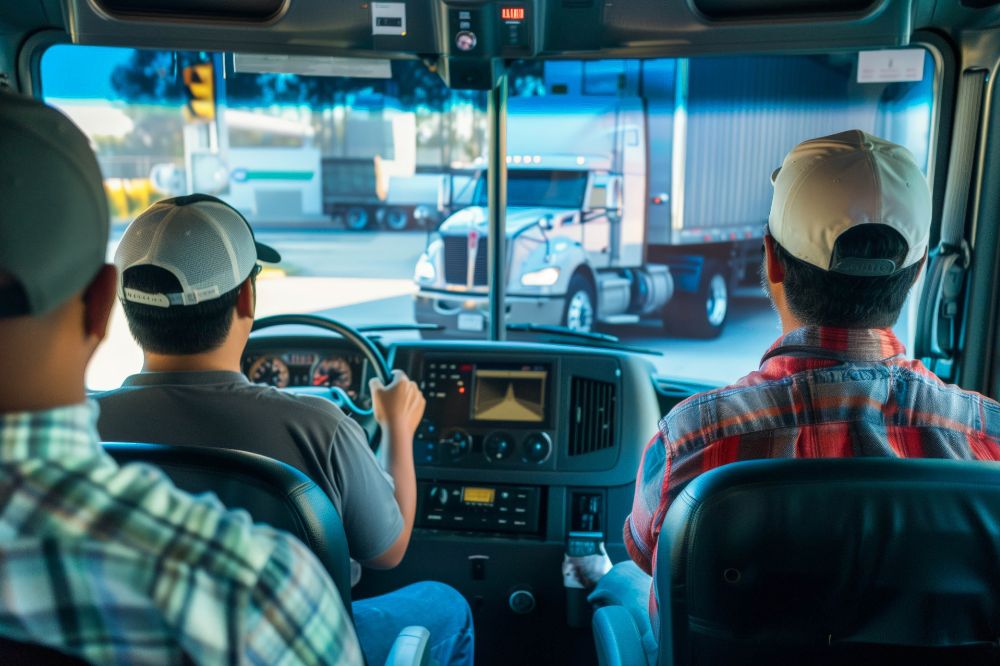
Importance of Safety Training for Fleet Managers
Safety training for fleet managers is crucial because they play a key role in preventing accidents and ensuring compliance with regulations.
Proper training helps managers identify risks, enforce safety policies, and support drivers in managing fatigue and stress. It also teaches them how to use tools like ELDs and fatigue detection technologies effectively.
With the right training, fleet managers can create a safer work environment, reduce liability, and protect drivers and the public.
Tips for Managing Fatigue
Driver fatigue is something all commercial drivers need to be aware of. To manage it, here are some important strategies truck drivers should always keep in mind.
Techniques for Truck Drivers
Truck drivers can manage fatigue by sticking to a consistent sleep schedule and aiming for 7-9 hours of quality rest.
Taking regular breaks during long trips, staying hydrated, and eating balanced meals also help maintain energy.
Avoid driving during peak fatigue hours, like late at night, and use power naps to stay alert when needed.
Recognizing the signs of fatigue early, like heavy eyelids or zoning out, is critical to pulling over safely and resting.
Strategies for Owner-Operators
Owner-operators should plan their schedules carefully to avoid overwork and allow for proper rest.
Investing in tools like fatigue monitoring technologies and using apps to find rest stops can help maintain alertness. Prioritize health with regular exercise, good nutrition, and proper sleep hygiene.
Communicating openly with clients about realistic delivery timelines ensures they don’t feel pressured to push beyond safe limits.
Managing your workload responsibly is key to staying safe and productive on the road.
Conclusion: The Importance of Adhering to Fatigue Laws
Complying with truck driver fatigue laws is not just a legal obligation; it is vital for ensuring the safety of your drivers, your business, and everyone on the road. Prioritizing this responsibility is essential for both trucking companies and their drivers.
Are you an owner-operator or fleet manager? Then having a commercial vehicle financing partner that meets all your needs is essential. See how we can help at Mission Financial Services.

